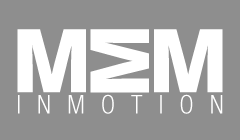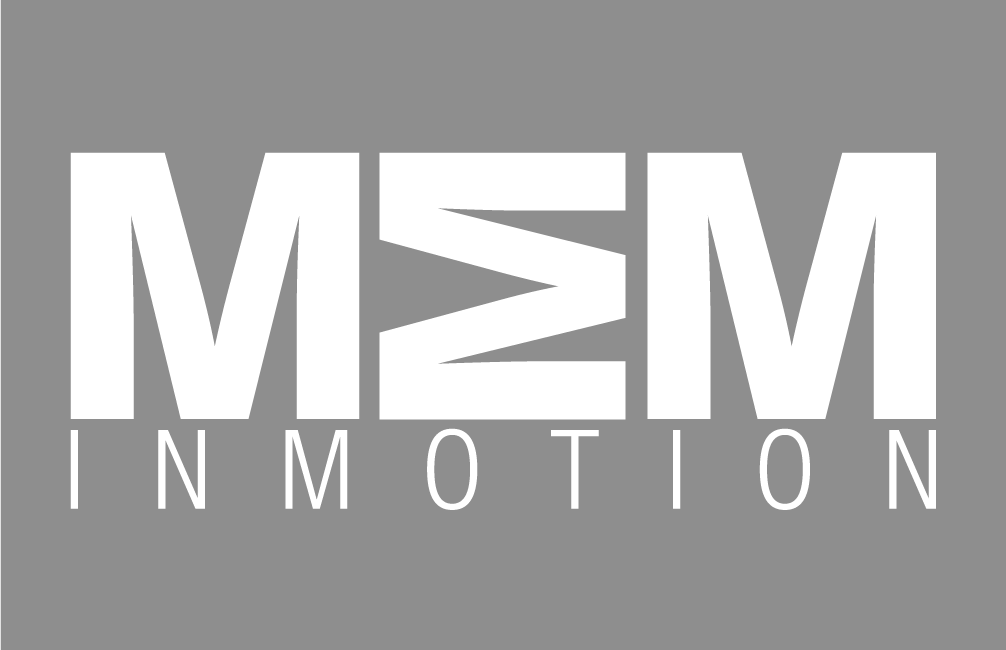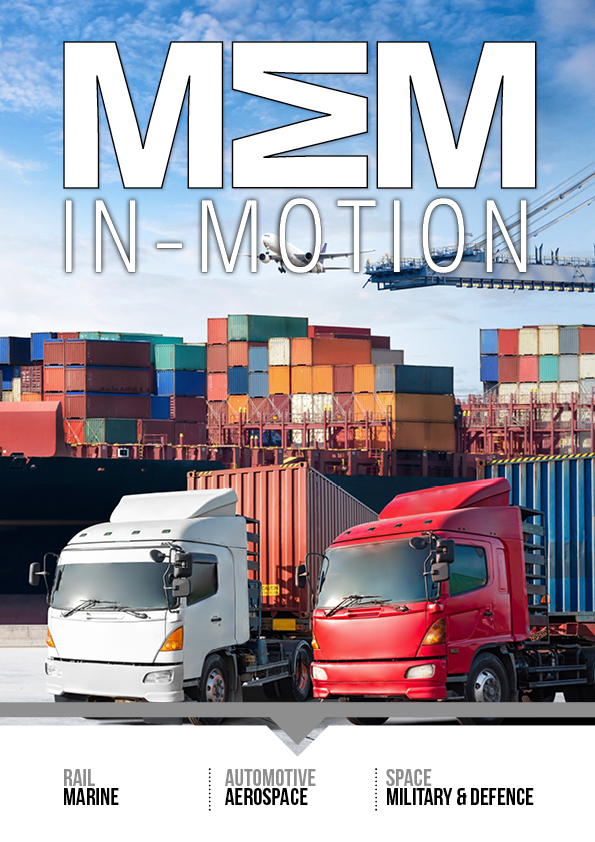The National Marine Electronics Association (NMEA) and British Marine will offer two full day marine electronics installer training courses for the first time ever.
The courses will be held on Monday November 14 2016, the day before the official opening of METS. The sessions will run concurrently and will take place from 08:00-16:00 at the RAI Convention Centre.
Both NMEA and British Marine offer courses in their home territory, though after the success of last yearâs joint NMEA 2000 course at METS, the Marine Electronics Installer course has also been added for this year.
The NMEA Marine Electronics Installer Programme (MEI) promotes a high level of professional expertise in entry-level and mid-level technicians.
The training is targeted at surveyors, product designers, marine electricians, marine electronics installers and boat builders among others.
The course is an introduction to marine electronics installation that clarifies and defines competent installation practices, regardless of the manufacturer of the equipment.
Among the topics included in the course are: NMEA data interfacing, heading sensors, radar, transducers, Marine VHF Radios, AIS, antennas, coaxial cables, EMI, DC wiring, battery and battery charges, grounds and Ohms law.
Passing the MEI exam is an indication of a working knowledge of NMEAâs 0400 Installation Standard. British Marine instructor, Richard Broden-Cowell, will lead the MEI course.
Primarily, the NMEA 2000Network Course is aimed at beginners or those who have been installing NMEA 2000 but require further information, clarity and a chance to share ideas with others who have installed the network.
Included in the topics are: cables, connectors, specifications, physical planning and documentation, power sources and distribution, voltage drop calculations, data messages (Parameter Group Numbers or PGNs), connecting to other data sources, network setup and troubleshooting. Students will learn the near- and long-term benefits of NMEA 2000-certified equipment, accepted installation practices for NMEA 2000 backbone cable and products, including selection of cable, power application points, and alternatives that make the network work best.









